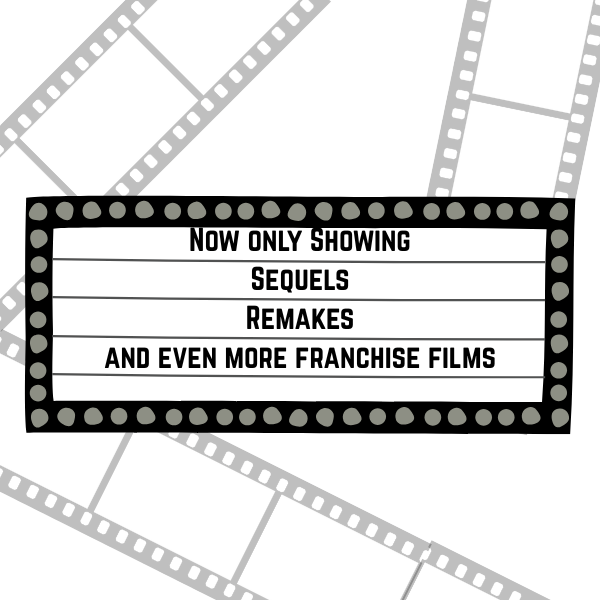“We will not be silenced, whether you’re a Christian or a Muslim, whether you’re an atheist, you will demand your goddamn rights, and we will have our rights, one way or the other! We will never be silenced!” Those were the words of one protester in Cairo involved in the widespread revolution in Egypt. This year, 2011, is proving to be a very radical year in Egypt. Hosni Mubarak was the ruler of Egypt since the assassination of Anwar El Sadat in 1981, and in all of his years in office, there have been numerous scandals including, but not limited to: corruption in the police force, many beatings and deaths of innocent civilians, and a monopolization of economic power that has hurt the job market and left much of the population living on $2 per day wages.
Through years of constant struggle, more and more Egyptians gathered together, and so began the massive protests that came to a head Jan. 25, when the government started to block social networking sites so that it would be harder for protesters to organize. This only drew more attention toward the situation by rallying more people for the cause. In response, the Egyptian government blocked all Internet and cellular text use. Through only a rather enormous amount courage did the protests continue.
Violence broke out on a rather biblical scale as the days went by. In one occurrence, the police shot 17 peaceful protesters dead for no apparent reason, which is unjustifiable treatment for a human being. Of course, the “March of the Millions” did manage to gather nearly two million protesters together. Other groups, such as the Muslim Brotherhood (the Islamic extremist group that condemns terrorist attacks and 9/11), backed supporters who came out against Mubarak. Then, after almost another two weeks of sheer terror did something amazing happen. On Friday, Feb. 11 (which has been come to be known as Farewell Friday), Mubarak announced that he would step down.
It feels good to see that after 30 years, an abusive beast can lose his power. It was inspiring to see people unite together over a common good. Now, with the military in control, I hope to see things run smoothly — but there is no such thing as perfection and we can only hope that Egypt’s new leader can evoke positive change. I worry that Mubarak is just a figurehead and that maybe another dictator will take his place. The people and the military will certainly have a big role in choosing their next leader, and I am sure that the first thing they will do is limit his reign of control. Now of course there is a lot of information that I didn’t get to address, but I really think that people should go out and research the Egyptian revolution more because like myself, you’ll be happy you did. What we are witnessing is not only the revolution of a nation, but also the genuine importance of social connection and nonviolent protest in making change. It’s good to keep up with these things.
Look at the change that can be accomplished when citizens can unite. The people were sick of the living hell that they were trapped in and finally felt that enough was enough. Personally, it was amazing to watch all of this just unfold in front of us. This revolution was not with out its causalities though — hundreds were murdered and thousands were injured. I am sure that within a short amount of time that the story will be cold for some, but I know that I will continue to see the developments of an entire country. Do I trust any government? Of course I don’t, but I do feel that something good will come out of this. Tomorrow is a new day and I can feel change in the air. Whatever that change may be remains unknown. But I’m hopeful.







